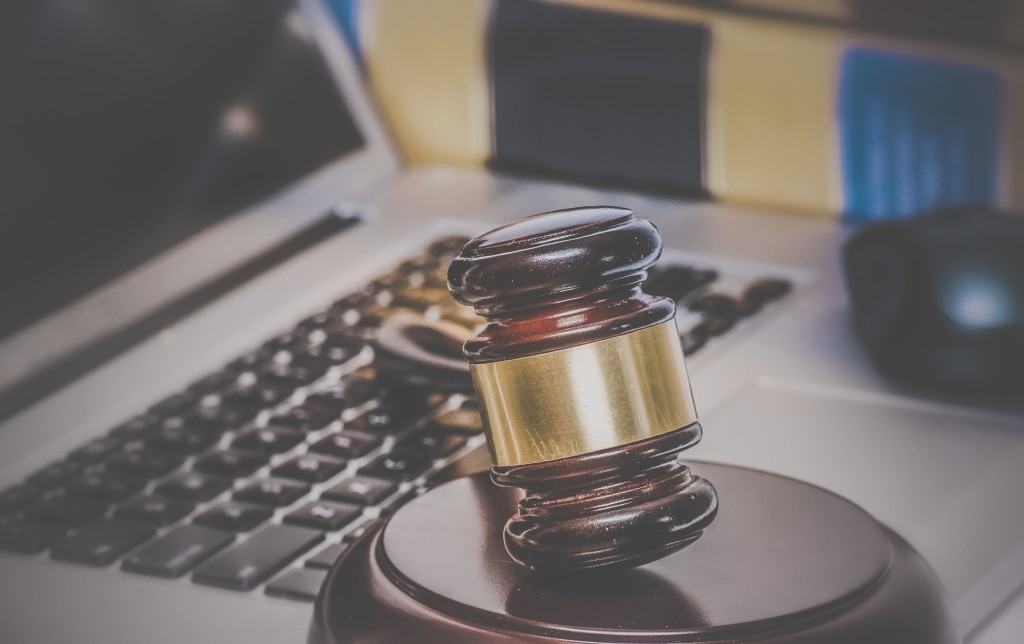Government regulations in the UK are becoming draconic, and residents mourn the loss of their civil liberties. However, the erosion of civil rights has been going on for the past years, and recent events are only putting it in the limelight.
Movement and Assembly
London and certain parts of the UK are set to impose another round of lockdowns. Even with known active cases numbering a mere 25 out of 100,000 (.025 percent), the government is once again calling for harsh regulations to be imposed on UK citizens. Movement will be limited as in the previous lockdown, and the police will forcefully disperse groups of 6 or more.
People took to the streets to protest the incoming lockdown, pointing out that 4 out of 5 COVID cases in the UK are already asymptomatic and pose little risk of transmission. Trafalgar Square was filled with thousands of anti-lockdown protesters, a testament to the people’s outcry over the attack on their liberties. More than 30 protesters were arrested and detained as they clashed with police, but protests are expected to continue throughout the following days.
Speech
While the lockdowns have highlighted the government’s disregard for civil liberties, the right to free speech has already been curtailed in the past. In March 2018, Mark Meecham was arrested and convicted for posting a video of a pug performing the Nazi salute. The conviction was a sign of things to come, and comedian Ricky Gervais expressed support for Meecham. In January 2019, Harry Miller was investigated by the police for retweeting a limerick. Miller, a former police officer, subsequently took the police force to court — citing the police meant to silence him even though his tweets were meant to engage in debate.
In February of the same year, Kate Scottow was arrested in her home, handcuffed in front of her children, and detained for 7 hours for the crime of misgendering a transgender woman. Solicitor firms in London and the rest of the UK noted rising cases concerning hate speech. Still, the courts more often sided with the defendants regardless of the government’s position. UK’s hate speech law is controversial, and the premise of “calling for harm” or “engendering violence” can be convoluted to mean merely disagreeing or disliking specific protected individuals. Even renowned comedian Rowan Atkinson lamented new hate speech laws, noting that it will frustrate rational debate and artistic endeavors.
Protection from Arbitrary Arrests
Arrests for alleged hate speech have already been noted, but the police have also been known to arrest problematic individuals even without probable cause. The case of Stephen Christopher Yaxley-Lennon or Tommy Robinson is a clear example. In 2017, Robinson was arrested and charged for contempt of court for denouncing criminals in his livestream as the jury deliberated. In 2018, Robinson was arrested again for contempt of court but was released upon a successful challenge.
Civil liberties might be dying in the UK, and the pushback needs to be more forceful for politicians to listen. As the government continues to act with impunity, citizens can only retaliate through the ballot or by taking to the streets.




